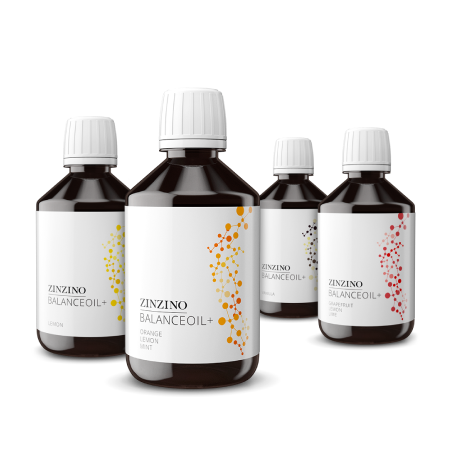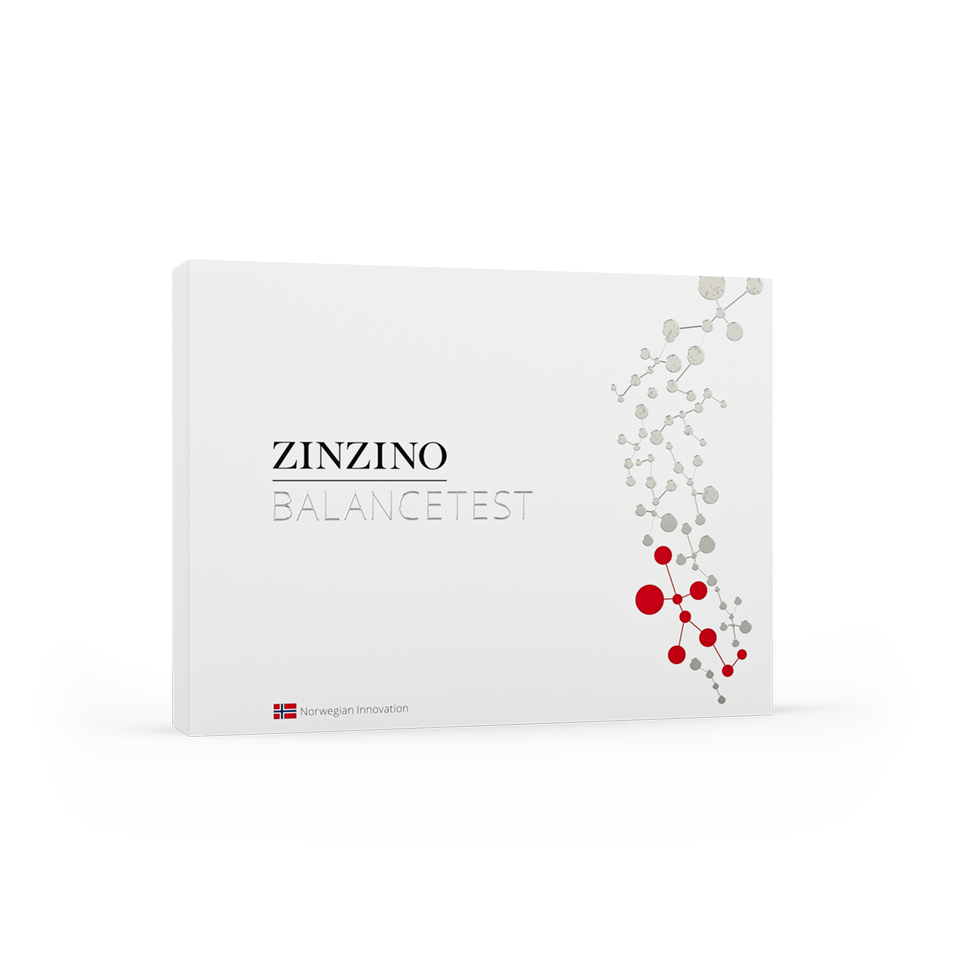Carina Friberg
Zinzino Independent Partner
Bine ați venit! Sunt consultantul dvs. independent și sunt aici pentru a vă ghida în călătoria dvs. spre sănătate.
How fish oil & Omega-3 benefits overall well-being

Of all the dietary support available today, fish oil is one of the most widely used and enjoyed supplements. It’s especially common among people who don’t consume much seafood in general, as well as pregnant women. However, given the fact that the body doesn’t naturally make the Omega-3 essential fatty acids, everyone can benefit from taking these nutritional supplements.
Fish oil is essential
As the name suggests, this oil is the fat extracted from fish tissue, rich in Omega-3s, which include EPA, DHA, and DPA. The modern western diet contains more Omega-6 than Omega-3, which may distort the all-important ratio of fatty acids. The benefits of Omega-3 can’t be emphasized enough as our bodies need essential Omega-3 to function normally.
Fish oil is good for cholesterol and lower blood pressure
Omega-3’s EPA and DHA contribute to the normal function of the heart1, the maintenance of blood triglyceride levels2, and blood pressure3.
Beyond cardiovascular health, Omega-3 supports the maintenance of normal brain function4 and vision5. Heart, brain, and eyesight protection, alone, is a reason enough to take fish oil. Zinzino’s BalanceOil+, however, makes it non-negotiable.
BalanceOil+ is based on a scientifically certified measure of pure fish oil, pre-harvest extra virgin olive oil and naturally sourced Vitamin D3. Designed to gently restore the body’s Omega balance, adjust, and maintain EPA and DHA levels, and protect cells from oxidative stress6, this is so much more than fish oil.
Omega-3 helps more than the heart, brain & cell health
It helps maintain blood calcium levels7, normal bones8, muscle function9, teeth10, cell division11, and immunity12. Better still, oleic acid gives additional support to the heart, with the maintenance of normal blood cholesterol levels13.
Enjoy all 15 EFSA-approved health benefits, with a simple daily dose of BalanceOil+ (that’s based on an individual’s BalanceTest results).

To maximize fish oil health benefits, quality matters
The Zinzino BalanceOil+ range contains sustainably sourced fish oil derived from small pelagic fish such as anchovies, sardines, and mackerel, rich in Omega-3 fatty acids EPA and DHA. The product is certified by Friend of the Sea, the global certification standard for products and services that respect and protect the marine environment. It means that the fish oil is natural, molecularly tested for toxins to guarantee safety, freshness, and unparalleled purity. However, all high-quality, pure Omega-3 supplements go through a refining process that does not only rid the fish oil from contaminants, the polyphenols are lost, too. These powerful micronutrients packed with antioxidant capacities are naturally found in oily fish to stabilize oxidation, optimize absorption in the body and make sure the Omega 3’s get to work in the cell membranes of your body.
Extra virgin olive oil optimize absorption
Polyphenols from pre-harvest antioxidant-rich olives are the closest you’ll get to the ones found naturally in fish, and Zinzino was one of the first brands to add this antioxidant-packed ingredient to their scientifically proven formulation. The unique formulation of the Zinzino BalanceOil+ range is a synergistic blend based on 60% pure fish oil from wild-caught small fish and 40% cold-pressed, extra virgin olive oil with polyphenols from pre-harvest olives and Omega-9.
Every body is different and the level that your body will absorb the Omega-3 supplement also depends on individual factors, such as your weight, your stomach acid levels, gene type and even certain allergies. The Zinzino BalanceTest will reveal your unique fatty acid profile and guide you in choosing Omega-3 supplements that work with your body. Make sure to pick one such as BalanceOil+ that is safe, natural, and where serving sizes can be customized to your individual fatty acid profile.
* These statements have not been evaluated by the Food and Drug Administration. This product is not intended to diagnose, treat, cure, or prevent any disease.
1. DHA and EPA contribute to the normal function of the heart
DHA and EPA contribute to the normal function of the heart. The claim may be used only for food which is at least a source of EPA and DHA as referred to in the claim SOURCE OF Omega-3 FATTY ACIDS as listed in the Annex to Regulation (EC) No 1924/2006. In order to bear the claim, information shall be given to the consumer that the beneficial effect is obtained with a daily intake of 250 mg of EPA and DHA.
2. DHA and EPA contribute to the maintenance of normal blood
DHA and EPA contribute to the maintenance of normal blood triglyceride levels. The claim may be used only for food which provides a daily intake of 2 g of EPA and DHA. In order to bear the claim, information shall be given to the consumer that the beneficial effect is obtained with a daily intake of 2 g of EPA and DHA. When the claim is used on food supplements and/or fortified foods, infor- mation shall also be given to consumers not to exceed a supplemental daily intake of 5 g of EPA and DHA combined. DHA contributes to the maintenance of normal blood triglyceride levels. The claim may be used only for food which provides a daily intake of 2 g of DHA and which contains DHA in combination with eicosapentaenoic acid (EPA). In order to bear the claim, information shall be given to the consumer that the beneficial effect is obtained with a daily intake of 2 g of DHA. When the claim is used on food supplements and/or fortified foods, information shall also be given to consumers not to exceed a supplemental daily intake of 5 g of EPA and DHA combined.
3. DHA and EPA contribute to the maintenance of normal blood pressure
DHA and EPA contribute to the maintenance of normal blood pressure. The claim may be used only for food which provides a daily intake of 3 g of EPA and DHA. In order to bear the claim, information shall be given to the consumer that the beneficial effect is obtained with a daily intake of 3 g of EPA and DHA. When the claim is used on food supplements and/or fortified foods, information shall also be given to consumers not to exceed a supplemental daily intake of 5 g of EPA and DHA combined.
4. DHA contributes to the maintenance of normal brain
DHA contributes to the maintenance of normal brain function. The claim may be used only for food which contains at least 40 mg of DHA per 100 g and per 100 kcal. In order to bear the claim, information shall be given to the consumer that the beneficial effect is obtained with a daily intake of 250 mg of DHA. Docosahexaenoic acid (DHA) maternal intake contributes to the normal brain development of the fetus and breastfed infants. Information shall be given to pregnant and lactating women that the beneficial effect is obtained with a daily intake of 200 mg of DHA in addition to the recommended daily intake of Omega-3 fatty acids for adults, i.e. 250 mg DHA and EPA. The claim may be used only for food which provides a daily intake of at least 200 mg DHA.
5. DHA contributes to the maintenance of normal vision
DHA contributes to the maintenance of normal vision. The claim may be used only for food which contains at least 40 mg of DHA per 100 g and per 100 kcal. In order to bear the claim, information shall be given to the consumer that the beneficial effect is obtained with a daily intake of 250 mg of DHA. Docosahexaenoic acid (DHA) intake contributes to the normal visual development of infants up to 12 months of age. Information shall be given to the consumer that the beneficial effect is obtained with a daily intake of 100 mg of DHA. When the claim is used on follow-on formula, the food shall contain at least 0.3% of the total fatty acids as DHA.
6. Olive oil polyphenols
Olive oil polyphenols contribute to the protection of blood lipids from oxidative stress. Replacing saturated fats in the diet with unsaturated fats contributes to the maintenance of normal blood cholesterol levels. Oleic acid is an unsaturated fat. The claim may be used only for olive oil which contains at least 5 mg of hydroxytyrosol and its derivatives (e.g. oleuropein complex and tyrosol) per 20 g of olive oil. In order to bear the claim, information shall be given to the consumer that the beneficial effect is obtained with a daily intake of 20 g of olive oil.
13. ALA contributes to normal blood cholesterol levels
ALA contributes to the maintenance of normal blood cholesterol levels. The claim may be used only for food which is at least a source of ALA as referred to in the claim SOURCE OF OMEGA 3 FATTY ACIDS as listed in the Annex to Regulation (EC) No 1924/2006. Information shall be given to the consumer that the beneficial effect is obtained with a daily intake of 2 g of ALA.



Share this page
Or copy link